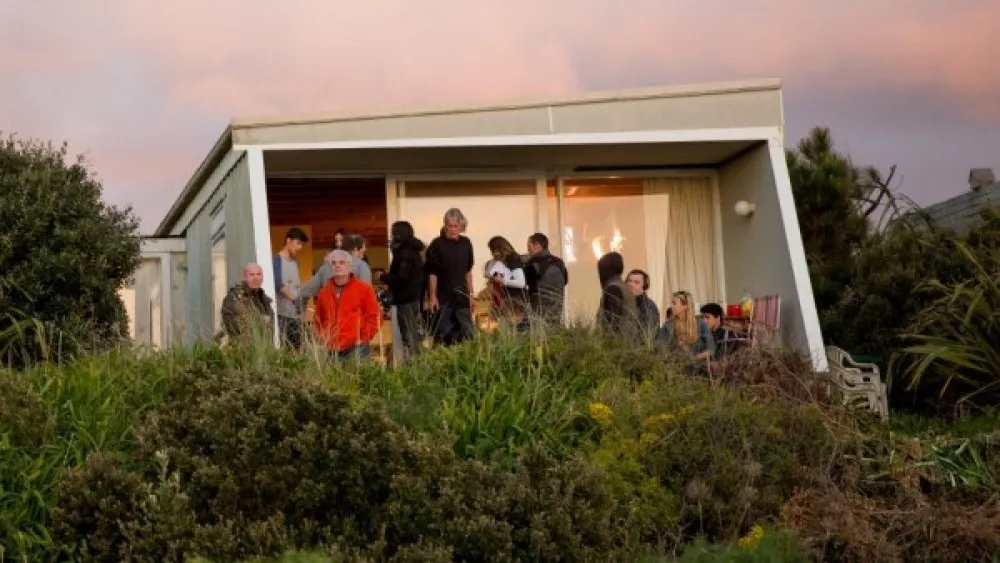New Zealand’s flexible education system has study options to suit every budget. The cost of living in New Zealand is similar to other OECD countries, providing a high quality of life and an ideal balanced learning and working environment.
Living costs
Living costs will depend on your lifestyle and which part of the country you live in. It may be cheaper to live in a small town than a big city for example, because of lower housing and transport costs.
As an example of how much to budget for, Victoria University of Wellington and the University of Auckland estimate living costs to be around $20,000-$27,000 each year, and the University of Otago (based in Dunedin) estimates $18,000-$21,000.
Typical living costs
When applying for a student visa, you’ll be required to provide evidence that have at least NZ$20,000 (or NZ$17,000 for school years 1-13) to cover your living expenses for your first year of study. The funds required will be lower for shorter lengths of study.
Accommodation costs
If you live in a private house or flat, rent in New Zealand is typically paid weekly or fortnightly. If you live in a hall of residence run by your education provider, accommodation costs may be paid up front for the full year.
Here are some indicative rent costs:
- A room in a flat (shared house): $140 to $293 per week, depending on the city
- Studio room: $235 to $370 per week, depending on the city
- 3 or 4-bedroom house: the national median weekly rent in September 2021 was $535, or $595 in Auckland
- Halls of residence: $346 (uncatered) to $484 (catered) per week
- Homestays (typically includes meals): $285 onwards per week

Entertainment costs
The University of Auckland suggests budgeting $55 a week for entertainment (this might cover dinner out and a movie). You can explore New Zealand’s stunning beaches, mountains, forests, and lakes for free.
Education providers and towns/cities often host free or cheap events, and many entertainment venues offer student discounts.

Food costs
You should budget at least $80-$120/week to cover basic grocery costs. Prices vary depending on where you choose to shop. If you choose to live in a catered hall of residence or a homestay, this cost will be included in your accommodation fee.

Power costs
If you are living in a private house, electricity costs will be around $200-$300 per month. If you’re in a shared flat this cost would be shared. Electricity costs will be lower in summer and higher in winter (because of heating). If you choose to live in a catered hall of residence or a homestay, electricity costs will be included in your accommodation fee.

Transport costs
All New Zealand cities and most towns have reliable public transport such as buses (some with cheaper bus fares for students). Auckland and Wellington also have train services to the outer suburbs.
Transport costs are minimized if you live closer to campus. If living further away, transport costs can be up to $37 per week. Private cars are also an option for transport, however, most students prefer walking or using public transport.

Phone costs
Choose from monthly account plans or pre-paid plans for mobile phones. A pre-paid plan that includes calling, texting, and data starts at about $19/month.
Internet costs
The average price for unlimited wifi for a shared flat is $90 a month (shared between flatmates). Wifi costs are typically included in homestays and halls of residence. Universities and education providers also provide free access to wifi on campus. Public libraries may also provide access to free wifi.
How to save money on studying abroad in New Zealand
To save costs when studying in New Zealand, you can take the following measures:
Search for scholarships
Research and apply for scholarships offered by the New Zealand government, international organizations, and universities. Scholarships can help reduce or even eliminate tuition and living expenses.
Choose the right school and accommodation
Choose the school and type of accommodation that suits your budget. Consider staying in a school dormitory or looking for housing in the suburbs, where prices are often cheaper than in the city center.
Overtime
Use your student part-time job benefits to earn extra income. However, make sure that the part-time job does not affect your academic performance.
Budget management
Plan a monthly budget and stick to it. Limit unnecessary spending and prioritize important expense items like tuition, housing, food and insurance.
Take advantage of student incentives
Take advantage of student incentives and discounts on food, public transportation, and other services.
Save money in life
Buy second-hand items, cook at home instead of eating out, and use public transportation instead of taking a taxi or renting a private car.
Search for promotions and offers
Look for special promotions and offers for international students, such as discounted airline tickets or discounts on cultural and entertainment activities.

Above are the entire living costs when studying abroad in New Zealand, this is also the average cost worth reference for parents and students. If you have any questions about work or regulations related to part-time work in New Zealand, please contact the Evolve team for advice and support!



